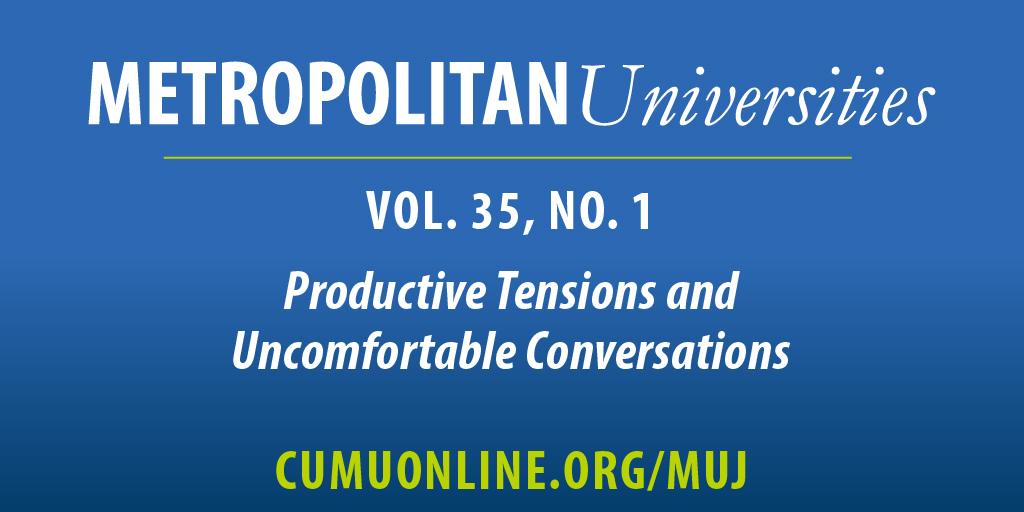A Difficult Conversation
Are We Serious About Confronting Inequality and Building an Inclusive Democracy?
DOI:
https://doi.org/10.18060/27992Abstract
Apart from all the legal semantics, the recent U.S. Supreme Court decisions on affirmative action and student debt, when considered together, are, in effect, an attack on economic justice. The social brunt of both decisions likely will impact student access, affordability and educational attainment significantly, particularly for those at the perimeters of the American economy. In the name of increasing opportunity, the Supreme Court’s “originalist” majority opinion claims that a “race-free” approach eliminates discrimination in college admissions. The minority opinion of Judge Jackson refuted this ahistorical claim by restating that the fourteenth amendment to the U.S. Constitution, most definitely a race-specific one, addressed the racial foundations of a formal bondage system of legalized slavery in the United States. The Fourteenth clearly acknowledges the need to rebalance the legal playing field to establish a realistic “equality of opportunity.” A century later, the policy of affirmative action aimed at continuing that process after years of the Jim Crow practice of “separate but equal” that was established in the Court’s 1896 decision in Plessy v Ferguson. By 2023, it is clear that racial inequality remains embedded in the American educational system and throughout its economy and society.
References
Bowdler, J. & Harris, B. (2022). Racial Inequality In the United States. U.S. Department of the Treasury. https://home.treasury.gov/news/featured-stories/racial-inequality-in-the-United States
Guarasci, R. (2022). Neighborhood Democracy: Building Anchor Partnerships Between Colleges & Their Communities, Stylus.
Downloads
Published
Issue
Section
License
Copyright (c) 2024 Richard Guarasci

This work is licensed under a Creative Commons Attribution 4.0 International License.



